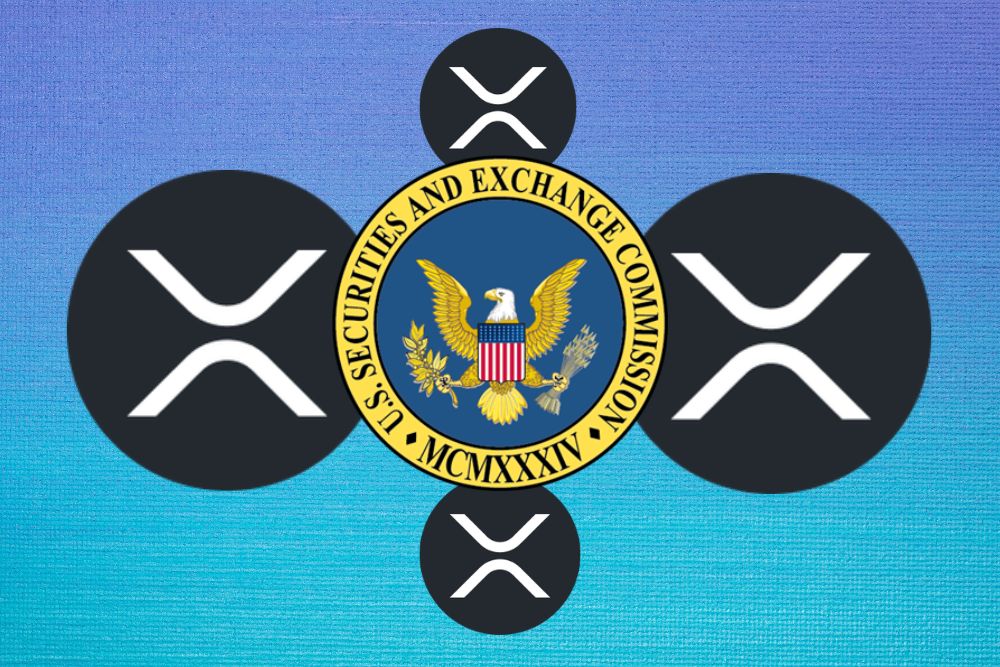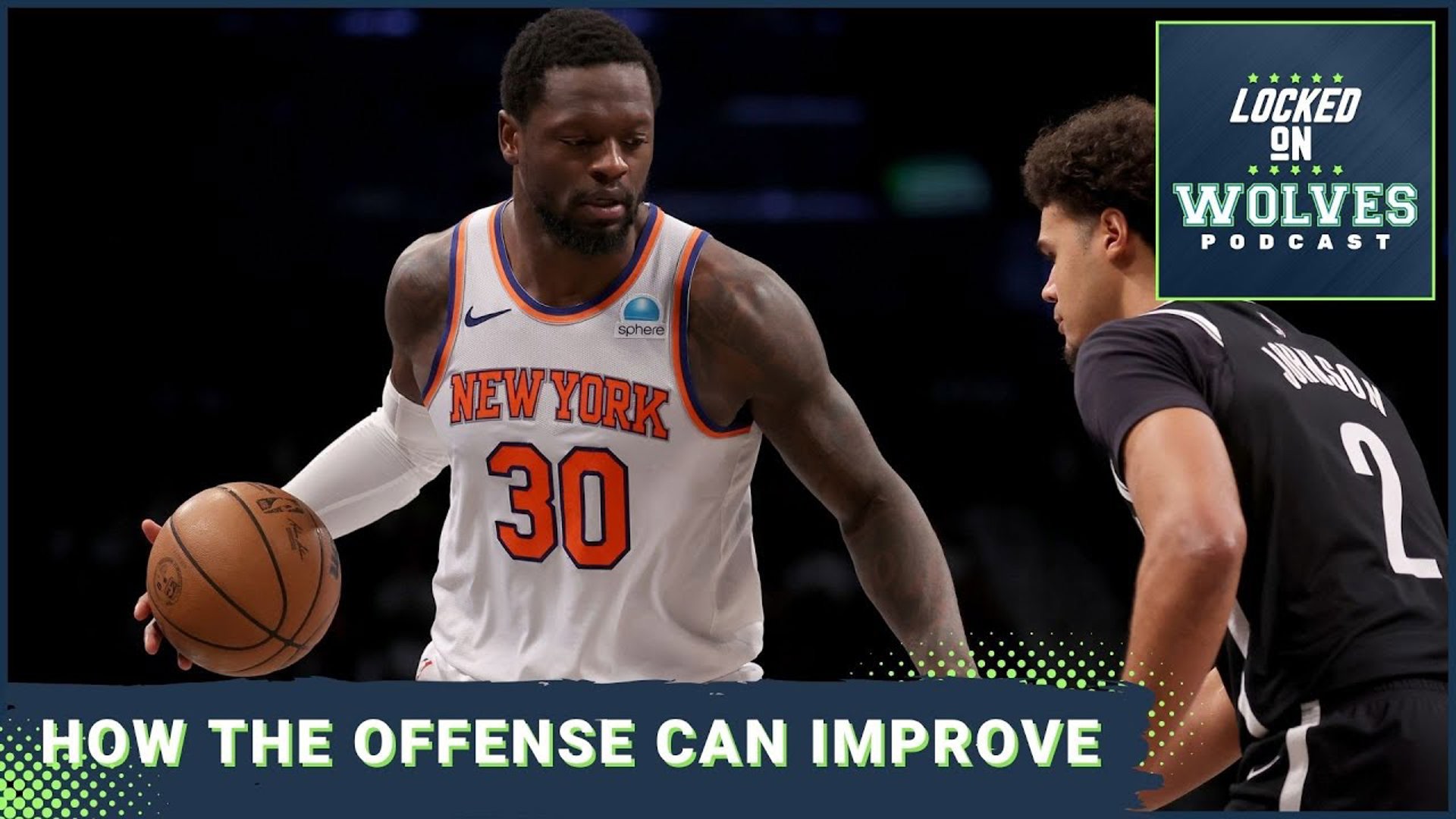SEC Vs. Ripple: The XRP Commodity Classification Battle

Table of Contents
The SEC's Case Against Ripple
Allegations of Unregistered Securities Offering
The SEC alleges that Ripple conducted an unregistered securities offering through the sale of XRP, arguing that XRP meets the Howey Test criteria for a security. The Howey Test, established in SEC v. W.J. Howey Co., determines whether an investment contract exists by examining four factors: (1) an investment of money, (2) in a common enterprise, (3) with a reasonable expectation of profits, (4) derived from the efforts of others.
The SEC claims that Ripple's distribution of XRP, including sales to institutional investors and through programmatic sales, constituted an unregistered securities offering. They argue that purchasers of XRP reasonably expected profits derived from Ripple's efforts to increase XRP's value and adoption.
- Key evidence presented by the SEC includes:
- Internal Ripple emails and communications suggesting a deliberate strategy to increase XRP's value.
- Evidence of XRP sales to institutional investors with expectations of profit.
- Allegations that Ripple misled investors about the regulatory status of XRP.
Impact on Institutional Investors
The SEC's concern extends beyond retail investors; they are also focusing on the potential for misleading institutional investors who participated in the alleged unregistered offering. The SEC's actions highlight the risks associated with investing in assets with uncertain regulatory status. This uncertainty can lead to significant financial losses and legal repercussions for institutional investors.
- Potential consequences for institutional investors include:
- Substantial financial penalties for violating securities laws.
- Reputational damage impacting future investment opportunities.
- Legal challenges and litigation related to their XRP holdings.
Ripple's Defense
XRP as a Decentralized Digital Asset
Ripple argues that XRP is a decentralized digital asset and not a security. They emphasize XRP's utility and functional characteristics, highlighting its use as a bridge currency for facilitating cross-border payments on the XRP Ledger. Ripple points to the technical aspects of XRP's operation, its decentralized nature, and the lack of centralized control as key distinctions from securities.
- Ripple's key legal arguments include:
- XRP's functionality as a payment currency on a decentralized ledger.
- The lack of an expectation of profits derived from Ripple's efforts by most purchasers.
- The distinction between programmatic sales and direct investment contracts.
Programmatic Sales vs. Investment Contracts
Ripple distinguishes between its programmatic sales of XRP and the sale of investment contracts. They argue that programmatic sales, conducted through automated processes, lack the key elements of an investment contract, especially the reasonable expectation of profits based solely on Ripple’s efforts. They contend that most XRP purchasers did not invest with the expectation of profits from Ripple's activities.
- Evidence presented by Ripple to support their claims includes:
- Data showing widespread use of XRP for cross-border payments.
- Technical documentation outlining the decentralized nature of the XRP Ledger.
- Market analysis demonstrating that XRP's price is primarily determined by market forces.
Implications of the Ruling
Impact on the Cryptocurrency Market
The ruling in the SEC vs. Ripple case will have a significant impact on the cryptocurrency market. A decision in favor of the SEC could lead to increased regulatory scrutiny of other cryptocurrencies, creating regulatory uncertainty and potentially impacting investor confidence. Conversely, a ruling in favor of Ripple could provide greater clarity and potentially stimulate market growth.
- Potential impacts on the cryptocurrency market include:
- Increased regulatory pressure on other digital assets.
- Shifts in investor sentiment and market volatility.
- Potential for further legal challenges to other cryptocurrency projects.
Future of Regulatory Clarity
The Ripple case underscores the urgent need for clear regulatory frameworks for cryptocurrencies. The outcome of this case will likely shape future regulations, potentially influencing how other digital assets are classified and regulated globally. The lack of clear regulatory guidance currently creates a significant barrier to entry for businesses and investors.
- Potential implications for future regulation include:
- Development of more nuanced regulatory approaches tailored to the specific characteristics of digital assets.
- Increased international cooperation to establish consistent regulatory standards.
- Potential for the creation of regulatory "safe harbors" for certain types of digital assets.
Conclusion
The SEC vs. Ripple case surrounding the XRP commodity classification is a pivotal moment for the cryptocurrency industry. The outcome will significantly impact not only Ripple but also the regulatory landscape for digital assets worldwide. Understanding the arguments presented by both sides and the potential implications of the ruling is crucial for investors and businesses navigating the complexities of the crypto market. Stay informed about the developments in this landmark case and continue to learn about the implications of XRP commodity classification to make informed decisions about your involvement in the cryptocurrency market.

Featured Posts
-
 The Impact Of Julius Randle On The Minnesota Timberwolves
May 07, 2025
The Impact Of Julius Randle On The Minnesota Timberwolves
May 07, 2025 -
 Met Gala 2025 Analyzing The Most Memorable Red Carpet Appearances
May 07, 2025
Met Gala 2025 Analyzing The Most Memorable Red Carpet Appearances
May 07, 2025 -
 Commerce Advisor Highlights Govts Commitment To Ldc Graduation
May 07, 2025
Commerce Advisor Highlights Govts Commitment To Ldc Graduation
May 07, 2025 -
 Met Gala 2023 Rihanna Announces Third Pregnancy
May 07, 2025
Met Gala 2023 Rihanna Announces Third Pregnancy
May 07, 2025 -
 Karate Kid 6 Ralph Macchios Return And Another Potential Revival
May 07, 2025
Karate Kid 6 Ralph Macchios Return And Another Potential Revival
May 07, 2025
